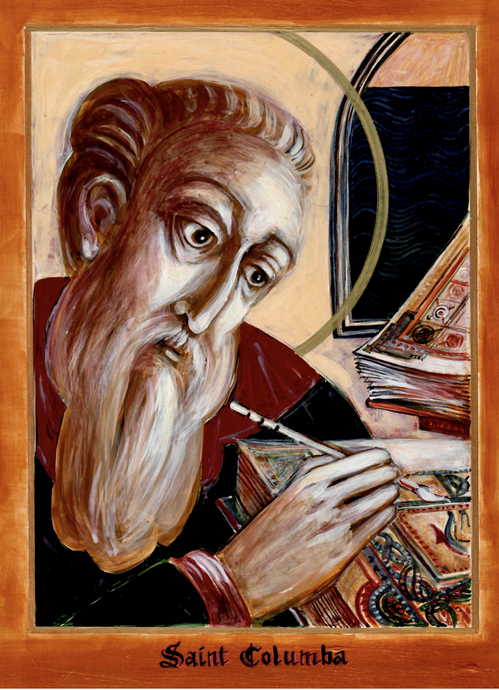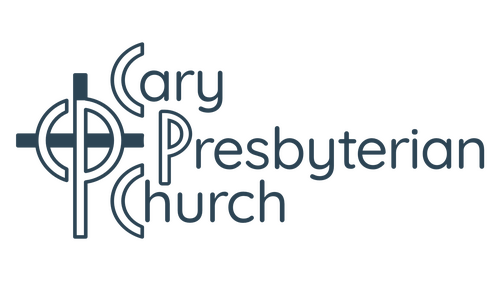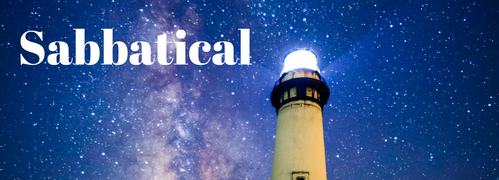

Daily Primer — August, 10 - Glasgow — Scotland
Each day you will be given:
A Florilegium entry
A Daily Prayer
and a Night Prayer.
A Florilegium entry
A Daily Prayer
and a Night Prayer.
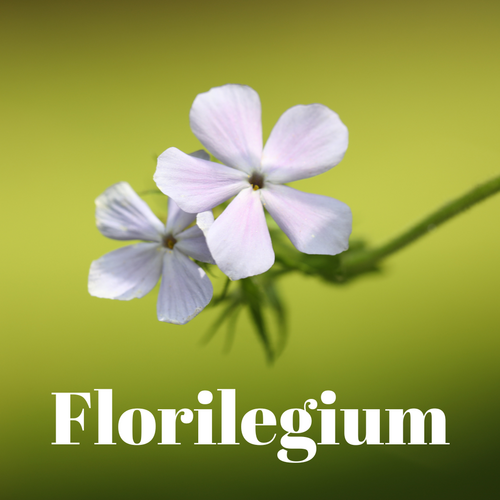
WHEN COLUMBA MET MUNGO
When Columba heard about the fiery apostle of Glasgow he was keen to meet Mungo in the flesh. Often when Columba travelled he would go alone or with a few companions, but on this occasion the community insisted on a strong turnout with some appropriately holy books and precious treasures to show how important Iona and its Abbot were in Scotland.
When Mungo heard about Columba's visit he too was very curious to meet the great apostle of Ireland. Equally his community at Glasgow was determined to put on a good show, demonstrating their importance, so some processional banners and special vestments were prepared for the forthcoming summit.
Of course, as ever, politics were at play here too, since Scotland was still divided into different peoples and kingdoms. Glasgow was in the British Celtic kingdom of Strathclyde, while Iona was on the boundary between Dalriada in Argyll and the kingdoms of the Picts. How would the influence of this new faith play out in local politics? Which kingdoms and whose holy apostles would take precedence?
The big day came and messengers arrived at the Molendinar river to breathlessly announce Columba's approach. The Glasgow procession set out, led by Mungo carrying his sacred staff of office. Meanwhile, of course, the Iona delegation had formed into a ceremonial procession led by their Abbot with his sacred staff or crook.
Many people had gathered to watch, intrigued no doubt to see who would defer to whom. Who would give way and pay homage, as worldly kings would expect?
The two processions approached from different sides. Hand-bells were rung and horns blown. They came to a stop as if by mutual consent about twenty yards from each other. Silence fell as the two saints looked across the short distance. Both were simply dressed and bareheaded, with their crooks resting on the ground in their right hands. Then at the same moment Columba and Mungo walked towards each other, alone.
Coming close, at the exact same instant, they held out their crooks to each other and the staffs were exchanged, giving with the right and receiving with their left hands. And then staffs still in hand they embraced each other as brothers and children equal in God's sight.
As their arms unfolded, a huge smile lit up their faces, and the people cheered and shouted their approval. Each of the two great apostles had met in the other a kindred spirit to esteem and cherish.
When Columba heard about the fiery apostle of Glasgow he was keen to meet Mungo in the flesh. Often when Columba travelled he would go alone or with a few companions, but on this occasion the community insisted on a strong turnout with some appropriately holy books and precious treasures to show how important Iona and its Abbot were in Scotland.
When Mungo heard about Columba's visit he too was very curious to meet the great apostle of Ireland. Equally his community at Glasgow was determined to put on a good show, demonstrating their importance, so some processional banners and special vestments were prepared for the forthcoming summit.
Of course, as ever, politics were at play here too, since Scotland was still divided into different peoples and kingdoms. Glasgow was in the British Celtic kingdom of Strathclyde, while Iona was on the boundary between Dalriada in Argyll and the kingdoms of the Picts. How would the influence of this new faith play out in local politics? Which kingdoms and whose holy apostles would take precedence?
The big day came and messengers arrived at the Molendinar river to breathlessly announce Columba's approach. The Glasgow procession set out, led by Mungo carrying his sacred staff of office. Meanwhile, of course, the Iona delegation had formed into a ceremonial procession led by their Abbot with his sacred staff or crook.
Many people had gathered to watch, intrigued no doubt to see who would defer to whom. Who would give way and pay homage, as worldly kings would expect?
The two processions approached from different sides. Hand-bells were rung and horns blown. They came to a stop as if by mutual consent about twenty yards from each other. Silence fell as the two saints looked across the short distance. Both were simply dressed and bareheaded, with their crooks resting on the ground in their right hands. Then at the same moment Columba and Mungo walked towards each other, alone.
Coming close, at the exact same instant, they held out their crooks to each other and the staffs were exchanged, giving with the right and receiving with their left hands. And then staffs still in hand they embraced each other as brothers and children equal in God's sight.
As their arms unfolded, a huge smile lit up their faces, and the people cheered and shouted their approval. Each of the two great apostles had met in the other a kindred spirit to esteem and cherish.
Pilgrim Guide to Scotland by Donald Smith, pp. 102-104.
Florilegium is the Medieval Latin word for bouquet, or more literally flowers (flos, flor-) which are gathered (legere). The word florilegium was used to refer to a compilation of writings, often religious or philosophical. These florilegium are literary flowers—beautiful words/prayers/thoughts I have gathered. During my sabbatical they will give me something to ponder each day. — PHL.
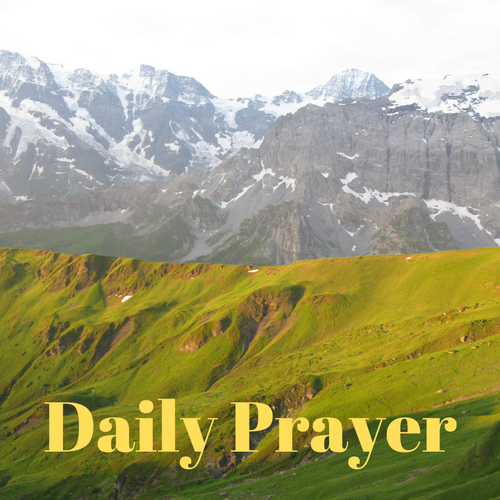
Lord, we praise you at the break of day — giving thanks for the power of your love which breaks the bonds of death and darkness. As the brilliant orb of the sun enlightens our world, may the risen Son enlighten our souls that we may reflect the light of life in all that we do and say. On this seventh day of the week we offer our glad praise and thanksgiving for the gift of Sabbath. In wisdom you recognized that work is not complete without the rest which allows us to joyfully embrace the fruits of the labor.
Preserve us this day from the sin of envy — from coveting anything that properly belongs to another, whether material or immaterial. Strengthen in us the trust which is the heart of faith, that we will have enough, that you know what we need, and that you will continue to be generous. Soften in us any hardness of heart or mind which keeps us from being teachable. May we eagerly take upon ourselves your yoke and learn from you — whose yoke is easy and whose burden is light.
Today we are particularly mindful of those for who the tomb of Holy Saturday is real:
† Those for whom life on earth is near its end . . .
† Those who have received devastating news . . .
† Those who do not know how to escape the darkness
which surrounds them . . .
We dedicate ourselves to follow in the way of our risen Lord, who lives among us in the power of the Holy Spirit. Give us patience in suffering, constancy in affection, compassion in the presence of those who hurt, and strength to endure faithfully beyond each Holy Saturday to the joy of the day of resurrection. Amen.
Preserve us this day from the sin of envy — from coveting anything that properly belongs to another, whether material or immaterial. Strengthen in us the trust which is the heart of faith, that we will have enough, that you know what we need, and that you will continue to be generous. Soften in us any hardness of heart or mind which keeps us from being teachable. May we eagerly take upon ourselves your yoke and learn from you — whose yoke is easy and whose burden is light.
Today we are particularly mindful of those for who the tomb of Holy Saturday is real:
† Those for whom life on earth is near its end . . .
† Those who have received devastating news . . .
† Those who do not know how to escape the darkness
which surrounds them . . .
We dedicate ourselves to follow in the way of our risen Lord, who lives among us in the power of the Holy Spirit. Give us patience in suffering, constancy in affection, compassion in the presence of those who hurt, and strength to endure faithfully beyond each Holy Saturday to the joy of the day of resurrection. Amen.
Daily Collect, Office of Lauds Liturgy of the Hours - PHL.
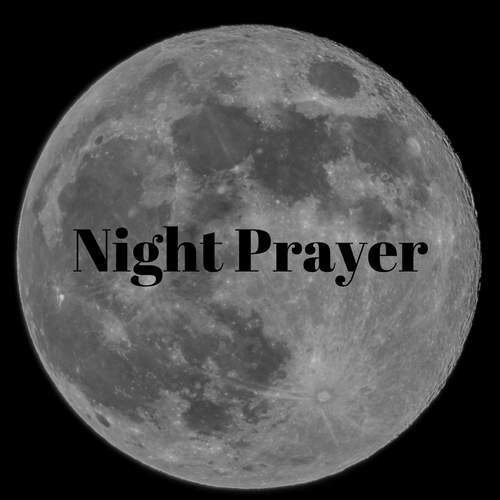
You, Lord, are “the Alpha and the Omega, the first and the last, the beginning and the end.” In you our lives have both beginning and ending, initiation and completion. You hem us in behind and before and lay your guiding hand upon us. On Iona, surrounded by the memories of St. Columba, St. Aidan, St. Adomnán, and many other mothers and fathers of faith who have made this Isle their home, we prepare for sleep keenly aware of you as the God who is, who was, and who is to come.
Now at the close of the day we seek your blessing as we enter into the time for rest. As we relinquish consciousness in the gift of sleep we give into your care:
† all of our unfinished business,
† our unresolved concerns,
† our worries for those we love,
and we entrust them all to your care that we might rest well and come into deeper communion with you. All this we pray that we might be restored in our hours of rest and made ready to rise up in vigil and praise on the morrow, living fully as disciples of our Lord, Jesus, in whose name we pray. Amen.
Now at the close of the day we seek your blessing as we enter into the time for rest. As we relinquish consciousness in the gift of sleep we give into your care:
† all of our unfinished business,
† our unresolved concerns,
† our worries for those we love,
and we entrust them all to your care that we might rest well and come into deeper communion with you. All this we pray that we might be restored in our hours of rest and made ready to rise up in vigil and praise on the morrow, living fully as disciples of our Lord, Jesus, in whose name we pray. Amen.
Revelation 22:13. Psalm 139:5. Revelation 1:4,8. Compline Liturgy of the Hours - PHL.
St. Columba
